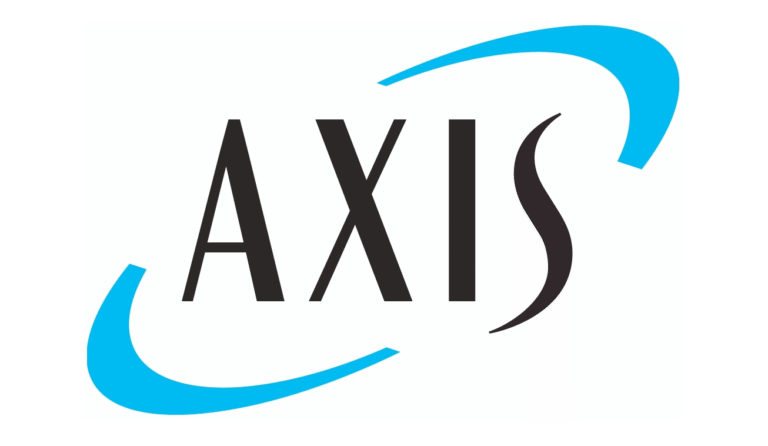
Peel Hunt, a UK-based equity research and advisory firm, reports that there is no significant concern over rate declines in property catastrophe at 1/1, even in the event of a benign hurricane season.

Peel Hunt noted that some carriers qualified the softening as relevant mainly to loss-free accounts, while pockets of rate strength, such as certain casualty lines, could partially offset weakening in property rates.
The analysts said, “While there is excess capital in the reinsurance market ready to be deployed, this is largely (disciplined) traditional capital, complemented by catastrophe bonds above the top layers of reinsurance programmes. Despite some talk of fresh collateralised deals, activity remains limited.”
They also highlighted that several carriers suggested potential opportunities to hedge property catastrophe exposures, depending on how the retrocession market develops ahead of next year.
The firm pointed out that retrocession rates are expected to soften faster than reinsurance rates, enabling carriers to mitigate some of the impact of a softening market on a net basis.
According to Peel Hunt, few carriers indicated any intention to pull back from property catastrophe lines, with reinsurance carriers citing rising demand and inflationary pressures pushing up limits.
Additionally, the firm highlighted that there is an incentive for larger carriers to remain disciplined, suggesting a gliding path of rate declines. In that case, returns on capital would remain very attractive, according to brokers, carriers, and rating agencies in FY’26.
The analysts added, “We have been assuming a 30–35% peak-to-trough rate weakening in property catastrophe classes over the next 3–4 years in our models, and recent trends remain broadly in line with our expectations.”
They noted that one carrier suggested property catastrophe rates are unlikely to return to 2017 trough levels, given the increased frequency and severity of natural catastrophes, material inflation, and rising demand for larger coverage limits. Nevertheless, Peel Hunt emphasised that there remains downside risk to reinsurers’ gross written premium growth.
“Should carriers decide to shrink their property catastrophe books, we would view this positively, as it signals underwriting discipline and frees up excess capital that can be redeployed elsewhere or returned to shareholders,” explained the analysts.





